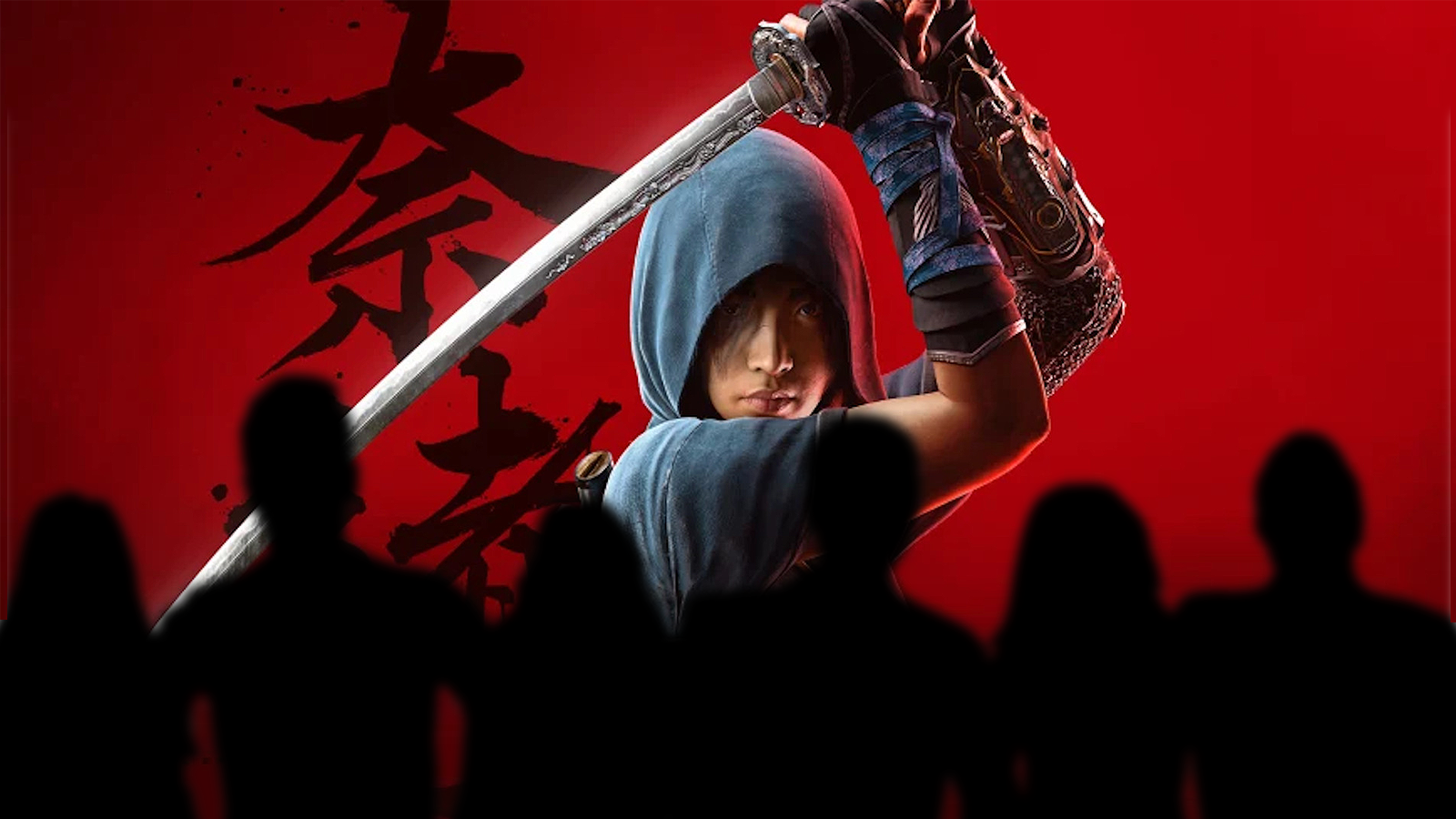When an invitation to work on Assassin’s Creed Shadows first dropped into Sachi Schmidt-Hori’s email inbox, the Ivy League professor deleted it without a second thought. She’d never heard of the franchise before, nor Ubisoft – the company that was now keen to secure her services. And so when another email arrived, asking for a second time if she would like to lend her expertise to Shadows’ development, Schmidt-Hori deleted the request once more, continuing to believe it was spam.
“This was repeated a few times,” Schmidt-Hori tells me via video call, “until eventually they contacted my university’s administration to ask if I actually existed.” Only after her colleagues intervened – and her husband who plays video games assured her that Assassin’s Creed was a big deal – did she then reply. “I finally realised, ‘oh, this might not have been a scam after all’.”
Over the coming months and years, Schmidt-Hori grew to understand Assassin’s Creed well – but also the worst of what working on a video game can look like when it becomes the centre of a culture war. Her ease to be found online, her work as an academic, her racial identity – all reasons she had been selected by Ubisoft as perfect for working on Shadows – were all utilised against her. But this isn’t the story of that abuse. Instead, this is how Sachi Schmidt-Hori survived it and pushed back – with surprising results.
A leap of faith
“Initially I think they didn’t know how useful I would be,” Schmidt-Hori begins, discussing her earliest research work to help Ubisoft’s Assassin’s Creed Shadows team in Quebec. As Associate Professor of Japanese Literature and Culture at Dartmouth, a prestigious university just over the border in New Hampshire, she was well positioned to help – though had never assisted on a video game project before. “I didn’t know any of the background, the back stories,” she says. “They just asked me to conduct some research and I agreed to do it.”
“It was the kinds of things you cannot just Google.”
Schmidt-Hori’s contributions began by completing what she describes as “small projects” researching various themes. “Sometimes they’d send me photos of Buddhist temples that exist in today’s Japan and ask me to verify if something similar could have existed in the 16th century,” Schmidt-Hori says. “Or they’d ask me about, like, how certain groups of people were treated in the period. It was the kinds of things you cannot just Google,” she smiles, “or maybe they didn’t have ChatGPT back then.”
Impressed with Schmidt-Hori’s knowledge, Ubisoft soon invited her to work more closely alongside Shadows’ writing team, analysing the game’s script for historical inaccuracies and inconsistencies, as well as anything that could be deemed culturally insensitive.
But while an expert on the subject matter, Schmidt-Hori had not worked on anything like an Assassin’s Creed game previously, and says it took time for her to find her groove providing assurances of historical authenticity for an environment where players can also run around like ninjas and leap hundreds of metres into hay bales.
